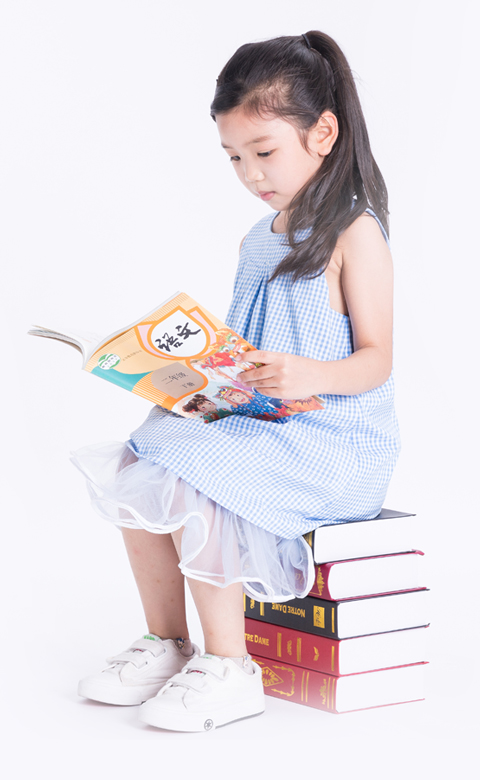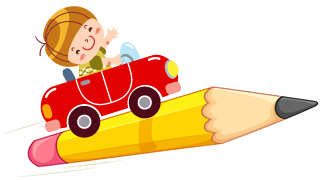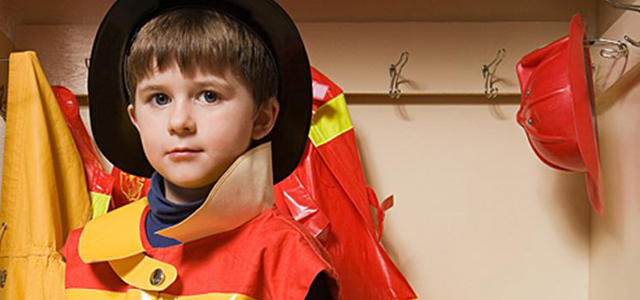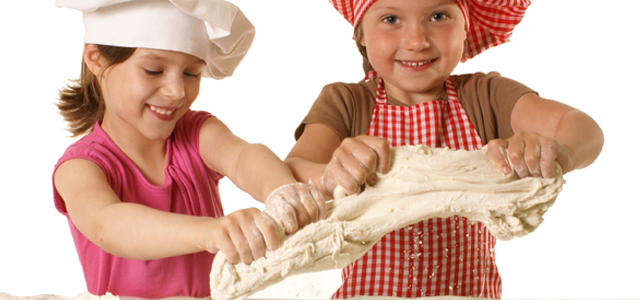Copyright (C) 2019-2022 Aston Park Education All Rights Reserved
武汉阿斯顿帕克教育科技有限公司
Park course
Child-based curriculum
>International vision to nurture world citizens
With the progress of the times and the accelerating process of globalization, educators should also comply with the needs of the current era and social development, implement early childhood education with an open, global and modern educational concept, and fully develop children while developing their potential. The personality makes it a social person with harmonious personality development to adapt to the requirements and challenges of the knowledge economy era. The Early Childhood Growth Program combines Chinese and Western cultural concepts, infiltrates international etiquette and behavioral norms in the day-to-day routine of kindergartens, experiences multiculturalism with original materials, and nurtures world citizens with an international perspective.
>Five areas to help comprehensive literacy
The development of children is a whole. It is necessary to pay attention to the mutual penetration and integration between the fields and the goals. This requires that the educational goals are not biased, and that the teaching activities are integrated. The children's growth curriculum closely follows the health and language of the Guide. The requirements of the five major fields of society, science and art promote the overall development of children's emotions, attitudes, abilities, knowledge and skills through game coverage of all areas and innovative gameplay.
>Game penetration and rich materials
The game is the nature of young children. The Child Growth Program cherishes the unique value of games and exploration, maximally supports and satisfies the needs of young children to gain experience through independent games in terms of teaching objectives, activity strategies and material settings, with the theme throughout the child learning, and the game infiltrating the children's life situation. Let young children stimulate their interest in learning in a fun and relaxed atmosphere, and gain a sense of accomplishment in games and operations, thus improving children's cognitive, hands-on, brain-taking ability and inspiring children's possibilities.
Child-based
curriculum
>Spiral target implementation learning effect
The children's growth curriculum is divided into ages, and the spiraling educational goals are set according to the physical and mental characteristics of different stages. From content mastery to situation setting, the difficulty level is fully reflected, and the previous topics are reviewed and consolidated in the follow-up learning. Learning at the level allows the child to truly master the learning content, accumulate experience in the life situation, and apply the learning experience to the actual life to implement the learning effect.
>Interesting situation stimulates the spirit of
inquiry
Children are in the initial stage of growth, and interest is the premise of all learning and activities. The children's growth curriculum fully follows the rules of physical and mental development of children at this stage, creating a rich and interesting situation. Take the second volume of the third volume, "What are they?". The field of this book is early mathematics. The situation is set in a dark room. The hero takes out a flashlight and sees two little monsters with several eyes. A few ears... Finally, I found that these two little monsters are monster dolls worn by my friends. This unique setting makes it easy for the teacher to introduce the situation. On the other hand, it fully mobilizes the children’s interest in learning and subtly stimulates the children. The spirit of inquiry.
>Extended activity guides
The Child Growth Program provides a wealth of examples of extended activities. Take the first volume of the fourth volume, It is autumn. In the warm-up activities, teachers can guide young children to think, “How many seasons is there in a year?” “What season is it? How do you know that? In the process of teaching, expand the content, guide children to pay attention to "day and night", "the color of the leaves" and so on. In the extended activities after class, you can pick up the leaves for scientific observation experiments, or use leaves to carry out Artistic creation, in one fell swoop, allows children's thinking to fully diverge and cultivate children's creativity.
Other courses
Early childhood education
APE parent-child course
APE promotion course
Sports course
Sensory training,
roller skating,
taekwondo
Orff music, body dance,
Creative art
Art course
Mathematical thinking,
scientific exploration,
Constructing a game
Logic course
Chinese, English
Language course















